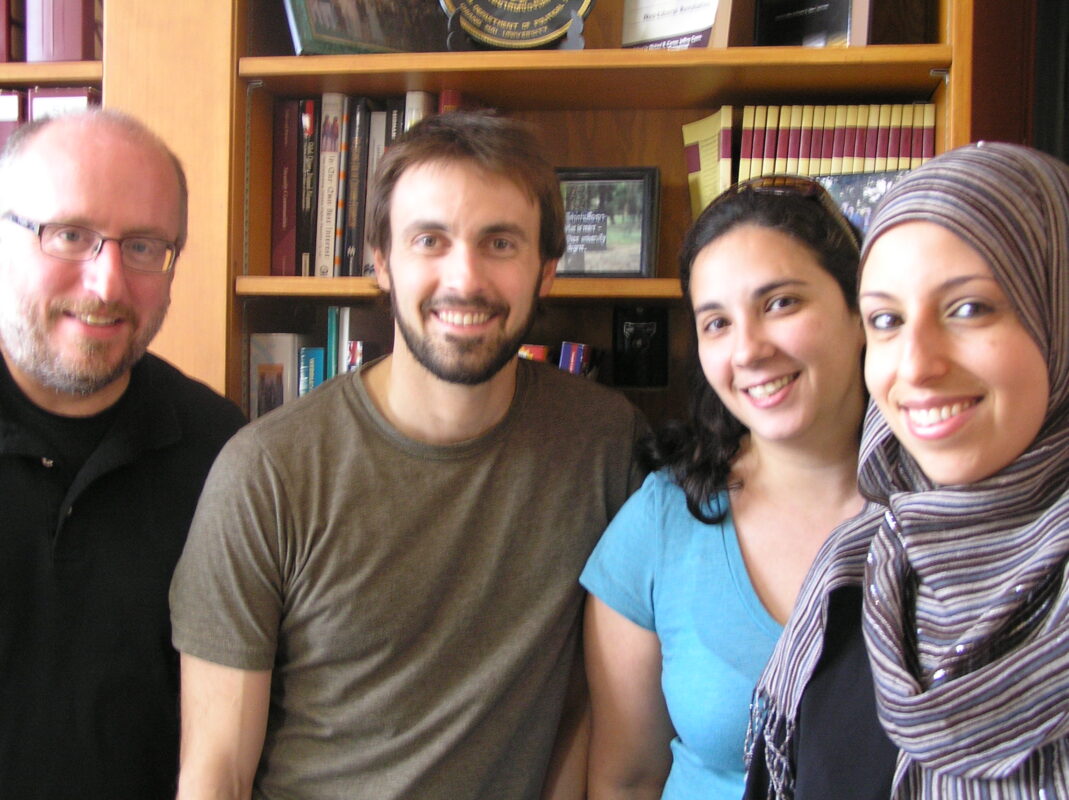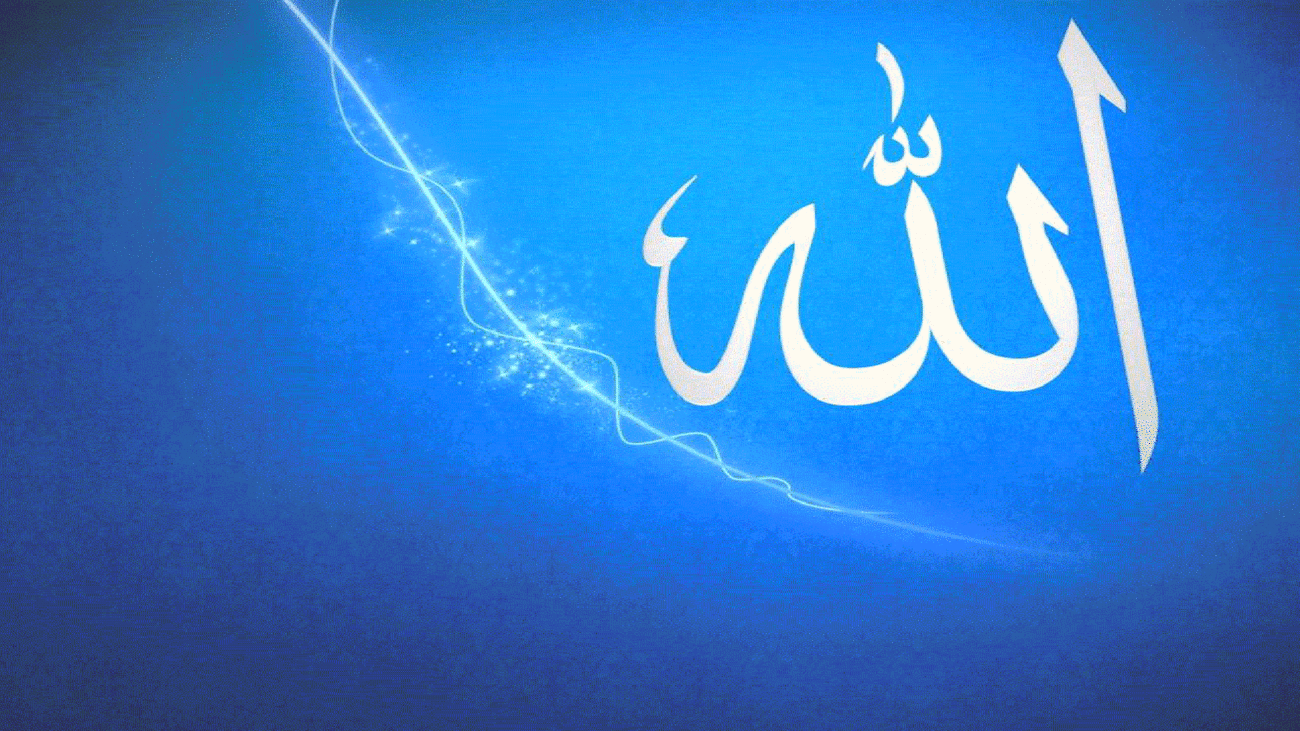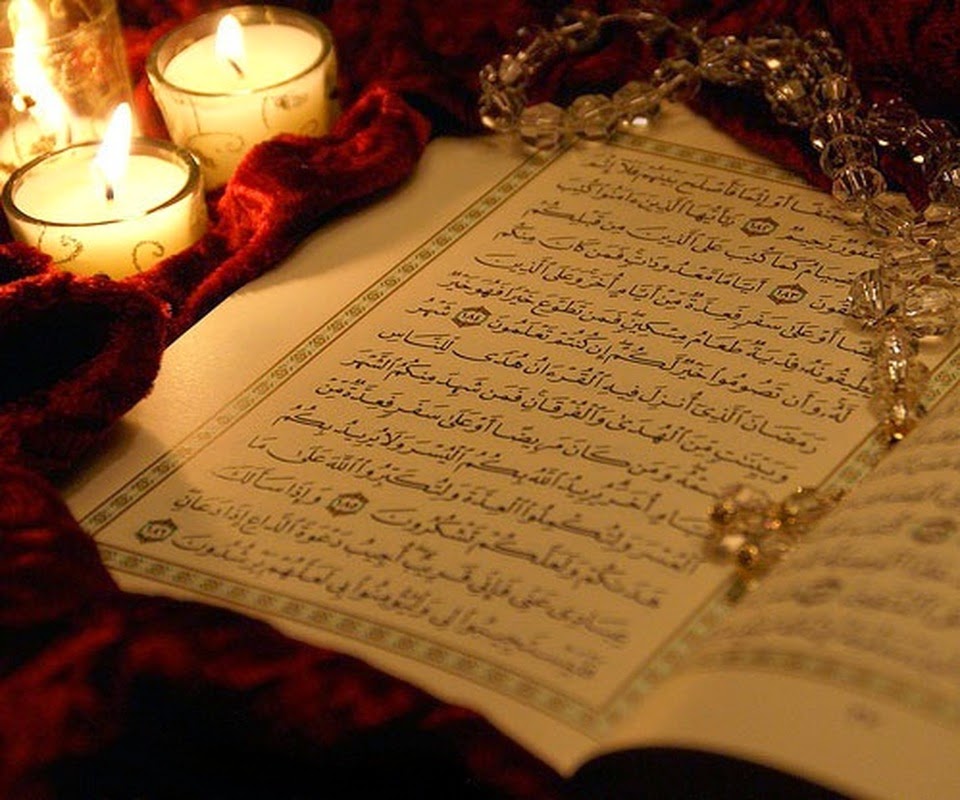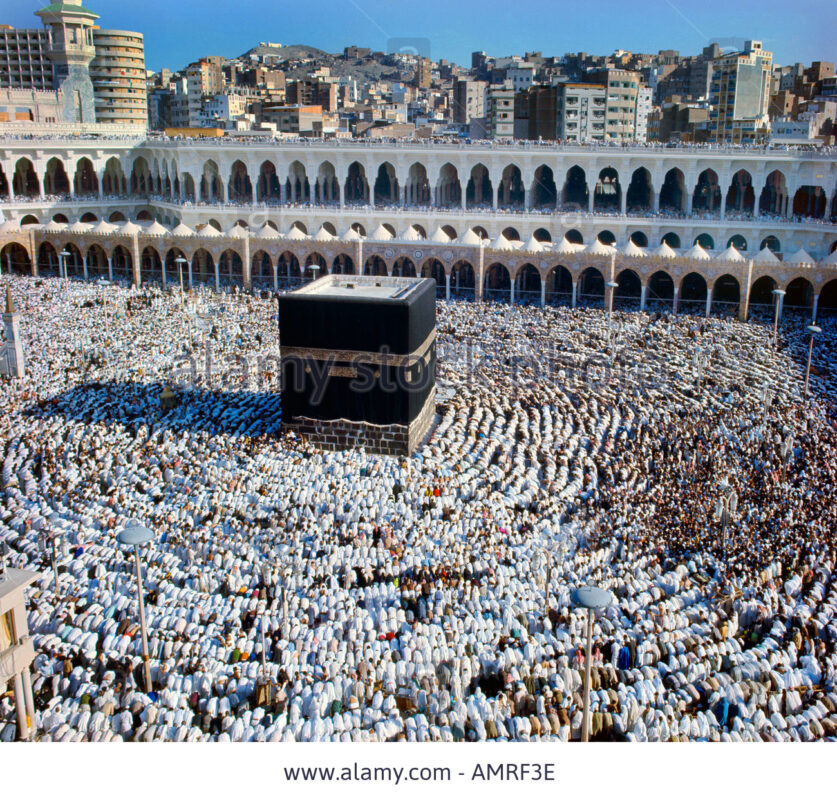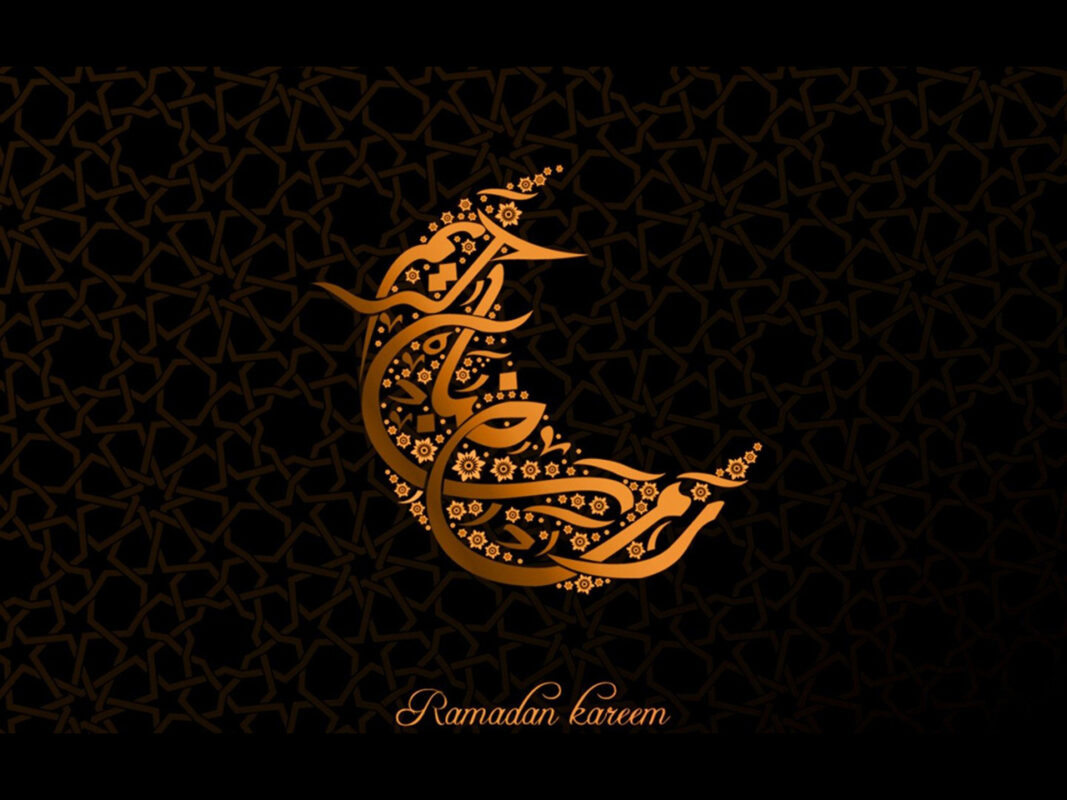“I (God) will raise them up a Prophet from among their brethren, like unto thee (moses), and will put my words in his mouth; and he shall speak unto them all that I shall command him.”
Deuteronomy 18:18
There are many verses in the Old Testament that predict the coming of Jesus (pbuh). This one, however, is not one of them. This can be clearly seen from the following four points:
a) Like unto moses
Muslims believe in all of the previous prophets. They make no distinction between them, nor do they place one above the others in piety. However, they are all human, and as humans they differ from one another in their characteristics. Let us compare these characteristics:
1) Both Christians and Muslims agree that both Moses and Muhammad (pbut) had fathers and mothers. They both also believe that Jesus (pbuh) had only a mother and no father. Therefore, Muhammad is like Moses, but Jesus is unlike Moses.
2) Both Moses and Muhammad (pbut) married and begat children. Jesus (pbuh) never married nor had any offspring. Therefore, Muhammad is like Moses, but Jesus is unlike Moses.
3) Moses (pbuh) was accepted by the Jews and to this day, as a nation, they accept him as their prophet. Muhammad (pbuh) was accepted by his people, and as a nation, over one billion Muslims around the world accept him as the prophet of Allah. Jesus (pbuh), however, was rejected by his people (the Jews) as stated in the Christian’s own Bible: “He (Jesus) came unto his own, but his own received him not” (John 1:11) Therefore, Muhammad is like Moses, but Jesus is unlike Moses.
6) Moses lead his people in a secret mass exodus from their hometown to Median in an attempt to flee the persecution of their enemies. Muhammad (pbut) too emigrated with his followers from their home town to Madinah in secret in order to flee the torture of their enemies. Jesus, however, never led his followers in a any sort of mass exodus from their hometowns . Therefore, Muhammad is like Moses, but Jesus is unlike Moses.
8) Both Moses and Muhammad (pbut) died natural deaths. Jesus (pbuh), is claimed by the Christians to have died violently on the cross. Therefore, Muhammad is like Moses, but Jesus is unlike Moses.
9) Both Moses and Muhammad (pbut) lie buried in the ground. Jesus (pbuh), however, is claimed by the Christians to abide in heaven. Therefore, Muhammad is like Moses, but Jesus is unlike Moses.
10) Most Christians claim that Jesus (pbuh) is God. No Christian or Muslim, however, claims that Moses or Muhammad (pbut) was God. Therefore, Muhammad is like Moses, but Jesus is unlike Moses.
11) Both Moses and Muhammad (pbuh) began their prophetic missions at the age of forty. The Bible tells us that Jesus (pbuh) began at thirty. Therefore, Muhammad is like Moses, but Jesus is unlike Moses.
12) Christians claim that Jesus (pbuh) was resurrected after his death. Neither Muslims nor Christians claim that Moses or Muhammad was resurrected. Therefore, Muhammad is like Moses, but Jesus is unlike Moses.
There are many additional points that could be mentioned but we will suffice with these for now.
b) Cannot be a Jew
Well, is Muhammad (pbuh) the only prophet who is “Like unto Moses”? For example, what about Jesus (pbuh)? Well, we should then notice that Jesus (pbuh) was a Jew,
“Then saith the woman of Samaria unto him, How is it that thou (Jesus), being a Jew, askest drink of me, which am a woman of Samaria?”
John 4:9
and the Bible specifically denies that this awaited prophet will be a Jew. We are told that in Deuteronomy:
“And there arose NOT a prophet since in Israel LIKE unto Moses.”
Deuteronomy 34:10
This awaited prophet, however, must be “LIKE unto thee (Moses).” So he will come from OUTSIDE of Israel.
c) Is from the BRETHREN of the Jews
If this prophet can not be a Jew, then what is left? In this verse, God speaks to Moses (pbuh) about the Jews as a racial entity. The awaited prophet is claimed to not be “from the Jews” or “from among themselves” but rather “from among their (the Jew’s) brethren.” Who are the brethren of the Jewish nation? The Jews are the sons Jacob, the son of Isaac, the son of Abraham. Isaac’s older brother was Ishmael, the father of the Arabs. Thus, the brethren of the Jewish nation is the nation of the Arabs. This statement is further reinforced by the following definition of “Brethren” in the Hebrew Dictionary of the Bible:
“personification of a group of tribes who were regarded as near kinsmen of the Israelites.”
Muhammad in the Bible, Jamal Badawi, p. 16
Please compare this expression with that of the Qur’an:
“Indeed Allah has conferred a great favor upon the believers (Muslims) when He sent among them a messenger from among themselves, reciting unto them His verses, purifying them and teaching them the Book and wisdom; although before that they were in manifest error.”
The noble Qur’an, Aal-Umran(3):164
There has come unto you (O Muslims) a messenger from among yourselves (Muhammad, pbuh). It grieves him that you should receive any injury or difficulty, full of concern for you, for the believers [he is] full of pity, kind and merciful.
The noble Qur’an, Al-Tawba(9):128
d) Put my words in his mouth
We also find in the Qur’an verses which command Muhammad (pbuh) to perform a certain action, such as the opening verses of Al-Muzzamil(73), or which even go so far as to reproach Muhammad (pbuh), such as the chapter of Al-Tahreem(66) or the chapter of Abasa(80).
Christians claim that the Bible has many “authors,” and that while the “inspiration” is from God, still, the words are those of mortal men.
Dr. W Graham Scroggie of the Moody Bible institute, Chicago, says on page 17 of his book “It is human, yet divine”:
“…Yes, the Bible is human, although some out of zeal which is not according to knowledge, have denied this. Those books have passed through the minds of men, are written in the language of men, were penned by the hands of men and bear in their style the characteristics of men….”
Kenneth Cragg, the Anglican Bishop of Jerusalem, says on page 277 of his book, “The call of the minaret”:
“…..Not so the New testament……. There is condensation and editing; there is choice reproduction and witness. The Gospels have come through the mind of the church behind the authors. They represent experience and history…..”
(Both quotes have been obtained from the books of Ahmed Deedat)
Sir William Muir says:
“There is probably in the world no other book which has remained twelve centuries (at the time of this quote) with so pure a text”
Life of Muhammad from original sources, Sir William Muir, Edinburough, J. Grant, p. xxii-xxiii
The noble Qur’an, Al-Baqarah(2):127-131
e) Grave Warnings for all who do not follow him:
So what shall we say to those who say: “Jesus has redeemed us. We have no need to follow any future prophets.”? After the above verse of Deuteronomy, God himself threatens severe retribution against all those who do not follow this awaited prophet. In Deuteronomy we read:
“And it shall come to pass, [that] whosoever will not hearken unto my words which he shall speak in my name, I will require [it] of him.” (in some translations: “I will be the Revenger”)
Deuteronomy 18:19
“And whosoever seeks other than Islam as their religion it will not be accepted from him, and he shall be in the hereafter among those who have lost”
The noble Qur’an, A’al Umran(3):85


